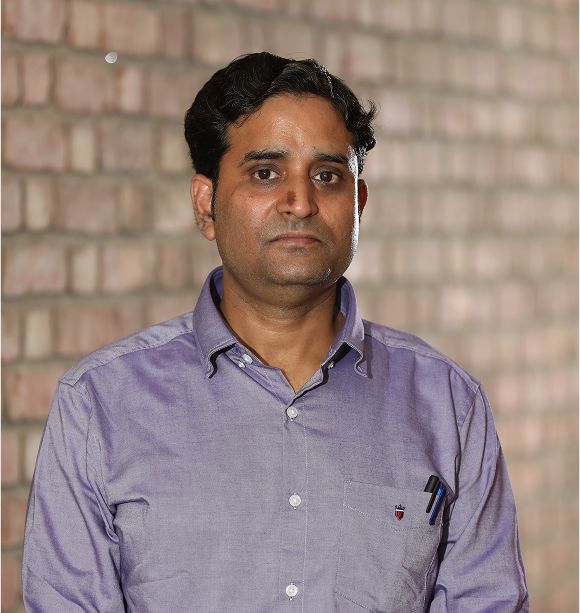About
I have more than two years of teaching experience in Biochemistry at Sharda University. This is my first teaching career in Sharda family. I had been trained with Dr. Sagar Sengupta at the National Institute of Immunology for my doctorate, where I studied the role of BLM helicases in DNA damage signal transduction pathway and as a Postdoctoral Research Fellow, I was associated with Dr. Shantanu Chowdhury at CSIR-Institute of Genomics and Integrative Biology, where I studied how a small protein NME2 engages a relatively huge protein-RNA complex telomerase in cancer cells. My work had started putting a framework together to understand mechanisms of metastasis suppression that involve NME2-telomerase interactions. I patiently introduced 'beginners' to the nuances of protein biochemistry, telomerase function and phosphoprotein signaling. My interests include post-translational modifications of proteins, cancer biology and DNA damage response.

